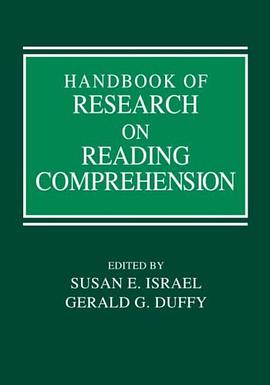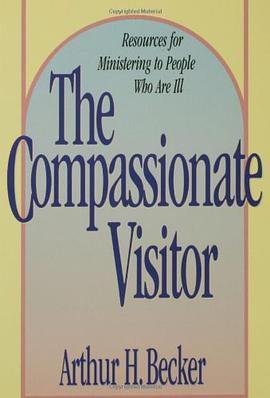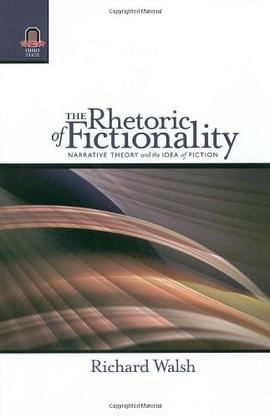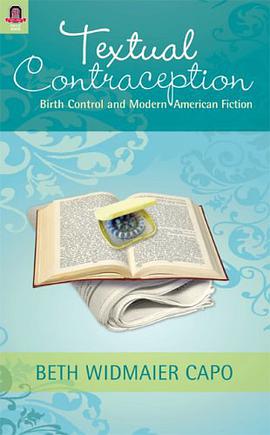
Handbook of Research on Reading Comprehension pdf epub mobi txt 电子书 下载 2026
- 阅读理解
- 研究手册
- 学术著作
- 教育心理学
- 认知科学
- 语言学
- 阅读教学
- 研究方法
- 高等教育
- 文献综述

具体描述
The "Handbook of Research on Reading Comprehension" assembles researchers of reading comprehension, literacy, educational psychology, psychology, and neuroscience to document the most recent research on the topic. It summarizes the current body of research on theory, methods, instruction, assessment, including coverage of landmark studies. Designed to deepen understanding of how past research can be applied and has influenced the present and to stimulate new thinking about reading comprehension, the volume is organized around seven themes: historical perspectives on reading comprehension, theoretical perspectives, changing views of text, elements of reading comprehension, assessing and teaching, reading comprehension, and cultural impact on reading comprehension. Where to from here? This is an essential reference volume for the international community of reading researchers, reading psychologists, graduate students, and professionals working in the area of reading and literacy.
作者简介
目录信息
Preface xvii
Acknowledgments xix
About the Editors xxi
Contributors xxii
Part I Historical Perspectives on Reading Comprehension 1
1 The Roots of Reading Comprehension Instruction P. David Pearson 3
2 The Development of Children's Reading Comprehension Scott G. Paris Ellen E. Hamilton 32
3 In Search of the "Simple View" of Reading Comprehension James V. Hoffman 54
Part II Theoretical Perspectives 67
4 Identifying and Describing Constructively Responsive Comprehension Strategies in New and Traditional Forms of Reading Peter Afflerbach Byeong-Young Cho 69
5 Helping Readers Make Sense of Print: Research that Supports a Whole Language Pedagogy Kenneth S. Goodman Yetta M. Goodman 91
6 The Role of Cognitive Flexibility in Reading Comprehension: Past, Present, and Future Kelly B. Cartwright 115
7 Ways of Meaning Making: Sociocultural Perspectives on Reading Comprehension James Gavelek Patrick Bresnahan 140
8 Transactional Theory and Critical Theory in Reading Comprehension James S. Damico Gerald Campano Jerome C. Harste 177
9 Grounding Reading Comprehension in the Neuroscience Literatures George G. Hruby 189
Part III Changing Views of Text 225
10 Text Comprehension: A Retrospective, Perspective, and Prospective Emily Fox Patricia A. Alexander 227
11 Disciplinary Comprehension Cynthia Shanahan 240
12 The Agency and Artistry of Meaning Makers within and across Digital Spaces Robert J. Tierney 261
13 Comprehension and Computer Technology: Past Results, Current Knowledge, and Future Promises Michael L. Kamil Helen Kim Chou 289
Part IV Elements of Reading Comprehension 305
14 Motivation and ReadingComprehension Samuel D. Miller Beverly S. Faircloth 307
15 Vocabulary and Reading Comprehension: The Nexus of Meaning James F. Baumann 323
16 Cognitive Strategy Instruction Janice A. Dole Jeffery D. Nokes Dina Drits 347
17 Metacognitive Processes and Reading Comprehension Linda Baker Lisa Carter Beall 373
18 Self-Regulated Comprehension Dixie D. Massey 389
Part V Assessing and Teaching Reading Comprehension 401
19 Formal and Informal Measures of Reading Comprehension Lauren Leslie Joanne Caldwell 403
20 Assessing the Comprehension of Young Children Katherine A. Dougherty Stahl 428
21 Approaches to Teaching Reading Comprehension Taffy E. Raphael Marianne George Catherine M. Weber Abigail Nies 449
22 Comprehension and Discussion of Text Janice F. Almasi Keli Garas-York 470
23 Comprehension Instruction in Kindergarten through Grade Three Cathy Collins Block Jan Lacina 494
24 Developing Higher Order Comprehension in the Middle Grades Ruth Wharton-McDonald Shannon Swiger 510
25 Improving Adolescent Comprehension: Developing Comprehension Strategies in the Content Areas Mark W. Conley 531
26 Comprehension Difficulties among Struggling Readers Richard L. Allington Anne McGill-Franzen 551
Part VI Cultural Impact on Reading Comprehension 569
27 Reading Comprehension and Diversity in Historical Perspective: Literacy, Power, and Native Hawaiians Kathryn H. Au Julie Kaomea 571
28 Culturally Relevant Pedagogy and Reading Comprehension Colleen M. Fairbanks Jewell E. Cooper Lynn Masterson Sandra Webb 587
29 Reading Comprehension and English Language Learners Kathryn Prater 607
30 Family Literacy and Reading Comprehension Patricia A. Edwards Jennifer D. Turner 622
Part VII Where to from Here? 643
31 Improving Comprehension Instruction through Quality Professional Development Misty Sailors 645
32 Public Policy and the Future of Reading Comprehension Research Cathy Roller 658
33 Where to from Here? Themes, Trends, and Questions Gerald G. Duffy Susan E. Israel Stephanie G. Davis Kathryn K. Doyle Karen W. Gavigan Erika Swarts Gray Angela Jones Kathryn A. Kear Roya Qualls Penny Mason Seth A. Parsons Baxter Williams 668
Index 677
· · · · · · (收起)
读后感
评分
评分
评分
评分
用户评价
相关图书
本站所有内容均为互联网搜索引擎提供的公开搜索信息,本站不存储任何数据与内容,任何内容与数据均与本站无关,如有需要请联系相关搜索引擎包括但不限于百度,google,bing,sogou 等
© 2026 book.wenda123.org All Rights Reserved. 图书目录大全 版权所有




















